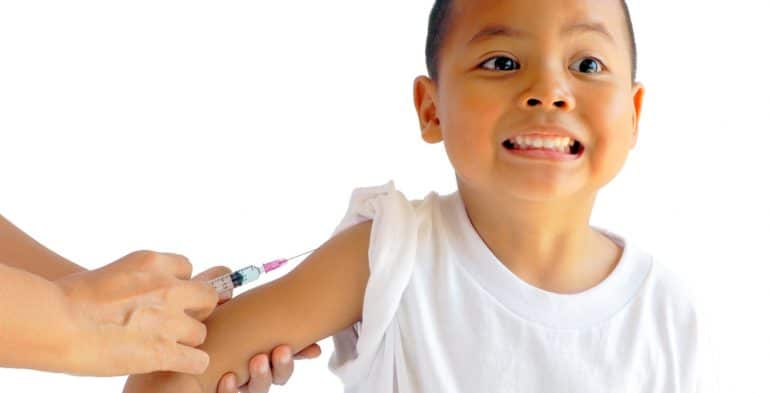
Meningitis in babies and children
Essential information
Young children face the most risk from meningitis especially when babies. This is because young children have not yet developed their immune systems. The disease strikes quickly and can be life threatening so it is important to know the signs and symptoms and so get medical help as soon as possible. Fortunately, due to widespread immunization the disease is rare in developed countries
Meningitis and septicemia – what are they?
Meningitis is an infection of the protective membranes that surround the brain and spinal cord. This infection causes these membranes (the meninges) to become inflamed, which in some cases can damage the nerves and brain.
Septicemia is blood poisoning and is caused by the same germs as meningitis. It can occur with or without meningitis and is the more severe form of the disease.
Signs and symptoms of meningitis and septicemia
Babies and young children cannot tell you how they are feeling so it’s important to recognize the signs and symptoms. These include:-
-
high fever, with cold hands and feet
-
vomiting
-
a severe headache
-
drowsiness
-
agitation
-
rapid breathing
-
pale, blotchy skin, and a red rash that doesn’t fade when a glass is rolled over it
-
bulging of the fontanel
-
a stiff neck and dislike bright lights
-
convulsions or seizures
-
confusion or delirium
The glass test
There is a very reliable and simple test that you can use if your baby has a rash and you suspect meningitis.
Press a glass firmly against the skin over the rash. A fever with a rash that doesn’t fade under pressure is a medical emergency, and you should seek immediate medical help.
Types of meningitis
There are two types of meningitis: bacterial and viral.
Bacterial meningitis
This is the most serious type and as the name suggests is caused by bacteria. Make no mistake, bacterial meningitis is very serious and should be treated as a medical emergency.
Viral meningitis
Viral meningitis is less serious though more common and is spread by coughing and sneezing and poor hygiene. It is caused much smaller germs called viruses, and is still very serious though rarely life threatening.
Diagnosing meningitis
This must be done by a doctor and is quite a complicated procedure. Do not hesitate to take your child to the doctors if you suspect meningitis. Doctors are quite used to worried parents and will not mind if you are mistaken.
Treating meningitis
Viral meningitis usually gets better within a couple of weeks, with plenty of rest, painkillers for the headache and anti-sickness medication for the vomiting.
Bacterial meningitis is treated with intravenous antibiotics (delivered through a vein). Admission to hospital will be needed, with severe cases treated in intensive care, so the body’s vital functions can be monitored and supported.
How can I protect my child?
Vaccination is the best way to protect your child as prevention is always better than cure. There are four main vaccinations available and you should consult your doctor on the best one for your child.
Always seek advice if you are concerned about meningitis
If you think your child has meningitis or septicemia, get medical help immediately.
-
Trust your instincts – you know your child best.
-
Describe the symptoms and say you think it could be meningitis or septicemia.







